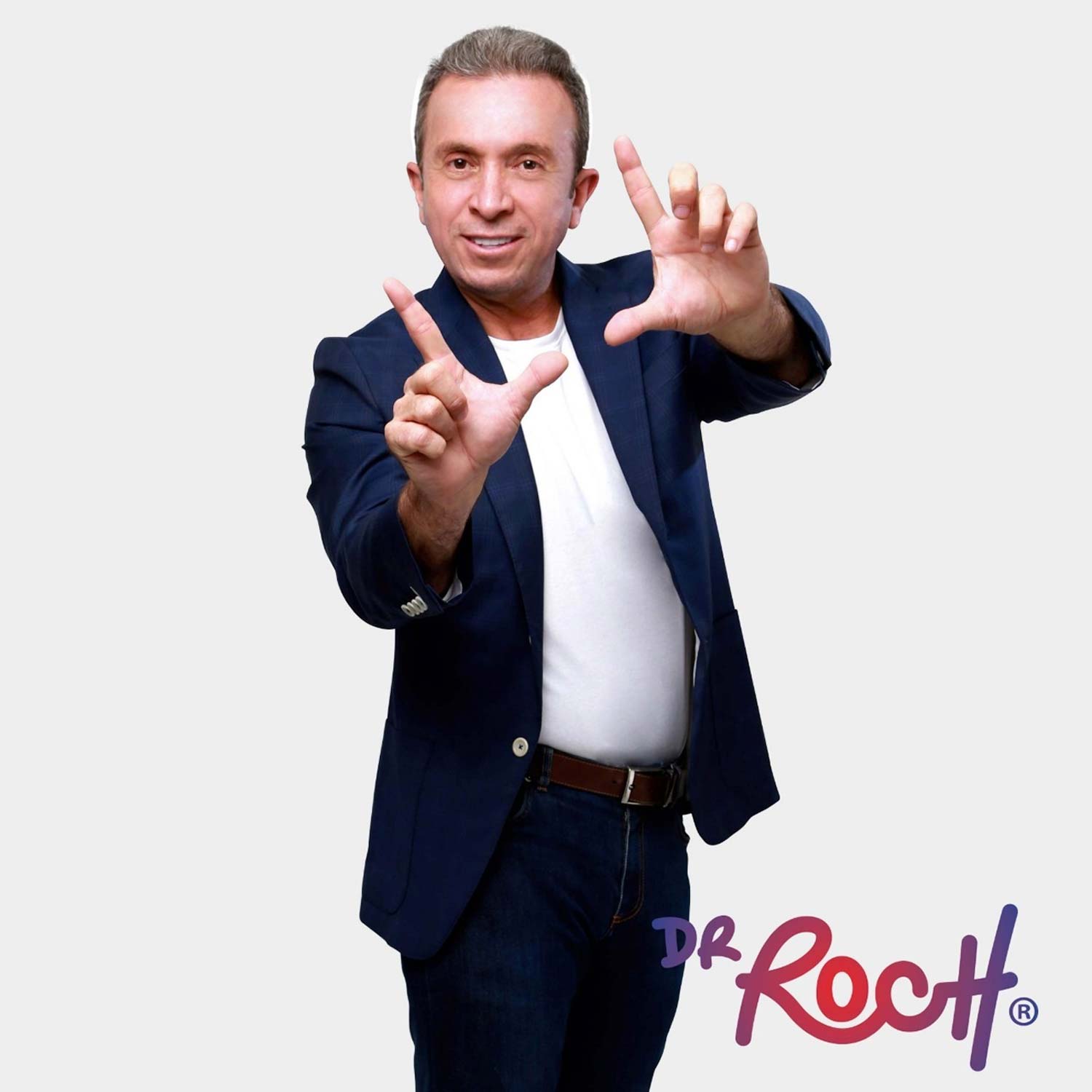
Do you have a bad memory and forgetfulness? It is: ANOSOGNOSIA
By Dr Roch
A very dear student of Mastery in Yourself told me: For some time I had been worried because:
- I didn't remember the proper names...
- I never find where I left some things…
- When I'm talking, I suddenly stop and don't continue because sometimes I don't remember what I'm going to say or how to continue...
Anyway, I thought I had started to have an enemy in my head, whose name begins with Al…
Today, my wish is for you to calm down, I told him:
1.- If one is aware of memory problems, then one does not have them.
We know that ANOSOGNOSIA is a brain failure that indicates not remembering something temporarily. So calm down, I told him.
Half of people over 50 have some kind of problem, but this is more due to age than to the disease.
Complaining about memory lapses is a very common occurrence among people aged 49 and older.
It translates into not being able to remember an individual's name, entering a room without knowing what to look for, forgetting the title of a movie, or where you left your glasses or keys. If you are around 51 years old, this is common.
At this age, more than half of adults have this difficulty. You only have to turn 45 and the ordeal begins. This indicates that it is more a characteristic of the years you have than a disease. However, I clarify that the thymus (an internal secretion gland where the energy of the spirit and the aura is) helps to delay this type of brain failure.
Turning on the thymus with Self-Mastery helps to avoid this.
Many people worry (sometimes excessively) about these forgetfulnesses.
Hence an important statement: Those who are aware of suffering from these lapses are those who do not have serious memory problems, since those who suffer from a memory disease with the inevitable ghost of Alzheimer's do not have a record or remember what is actually happening to them.
2.- Dubois, professor of neurology at CHU Pitié Salpêtrière, coined a paradoxical but didactic explanation, valid for the majority of cases of people worried about their forgetfulness: The more subjects complain about their memory, the less likely they are to suffer from a memory disease.
This document is dedicated to my master's student Rodolfo Espinoza, who asked me about this yesterday. So rest assured, because it is not Alzheimer's... it is years. More important than the Austrian Alzheimer's, is the Italian "FRANCO DETERIORATION".
DRROCH TONGUE BEHAVIOR EXERCISE TO PREVENT THIS:
After the age of 50, one can experience many types of diseases.
- But the one that worries me most is Alzheimer's.
– Not only would I not be able to take care of myself, but I would cause a lot of inconvenience to my family members… - I recommend this tongue exercise that is effective in reducing the onset of Alzheimer's and is also useful in reducing and improving:
1 Body weight
2 Hypertension
3 Blood Clot in the brain
4 Asthma
5 Myopia
6 Ringing in the ear
7 throat infection
8 Shoulder/Neck Infection
9 Insomnia.
THE EXERCISE CONSISTS OF:
- The movements are very simple and easy to learn…
- Every morning, when you wash your face, in front of a mirror, do the following exercise:
- Stretch your tongue and move it to the right and then to the left for 10 times in a row.
Since my Mastery in Yourself students began to exercise their language daily, there has been an improvement in their brain retention.
– there were other improvements…
– 1 You see better from afar
– 2 They do not have vertigo
– 3 Greater general well-being - 4 Better digestion
- 5 Less flu/cold
– 6 They feel stronger and more agile.
– Exercising your tongue helps control and prevent Alzheimer’s.
Medical research has found that the tongue has a connection to the BIG brain.
When our body becomes old and weak, the first sign that appears is that our tongue becomes stiff and we often tend to bite it.
By exercising your tongue you will stimulate your brain.
I hope this article is helpful and useful to you.
Thank you for reading me, I am Dr Roch



